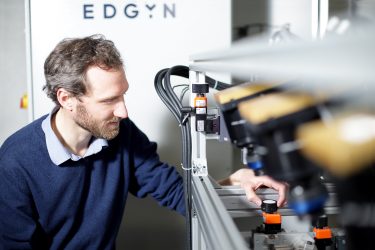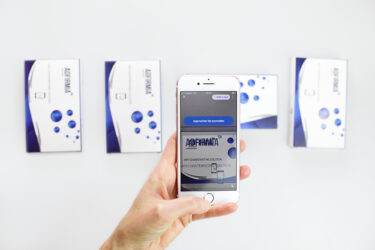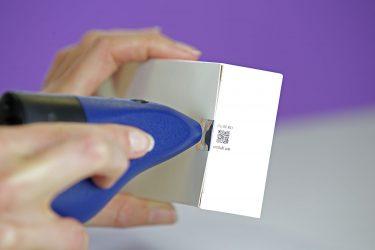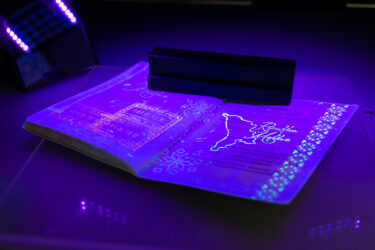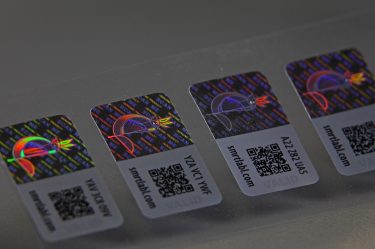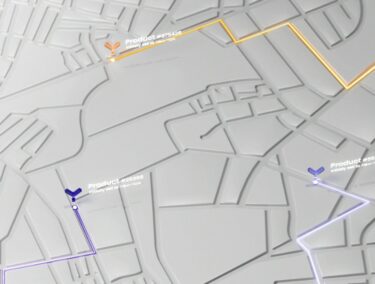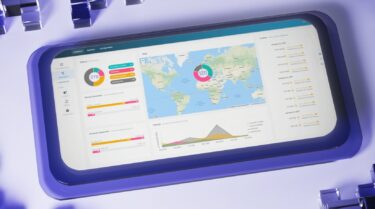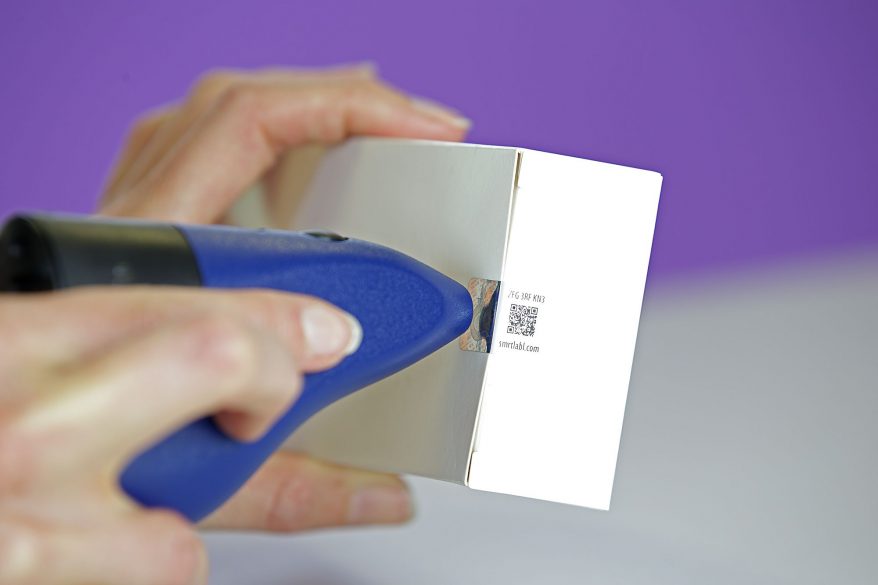
Automotive
Automotive aftermarket: An industry shaped by globalization and Consumer Behavior.
Discover how EDGYN helps this industry to detect market diversion and counterfeits.

According to the WHO, 3600 fatalities and 1.5 million injuries were linked to defective counterfeit automotive parts in 2017. These fake parts are becoming harder to distinguish from the genuine ones and concern filters, brake pads, lights, wheel rims, airbags and tires among others. These parts are typically substandard and do not go through quality checks which can pose a very serious threat to the users by impacting the vehicle’s proper functioning and the passenger’s safety.
Automotive aftermarket: An industry shaped by globalization and Consumer Behavior
-

A complex and fragmented Supply Chain
The automotive market is a highly fragmented market with over 45000 wholesalers and 46000 workshops scattered around the world which results in a complex and global supply chain. This creates a vulnerability in the supply chain as it is harder for the brand owner to control, monitor and track the products across the distribution channels and the different partners.
-

An industry that isn’t spared by the e-commerce revolution
The new consumer behavior trends induced by the pandemic is shaping the automotive industry. Due to the ups and downs in the economy people are holding longer to their vehicles and consumers are starting to maintain their vehicles themselves guided by the internet. These trends have increased the demand in the automotive aftermarket who according to a Global Industry Insights study of December 2020 is expected to expand rapidly from 2020 to 2026.
With the automotive aftermarket parts industry becoming also a B2C industry, an online presence from the retailers have become crucial and an increasing number of spare parts are now bought via e-commerce platforms. In fact, according to a study 20% of spare parts sales are done online, and 70% of online sales in the US are done through ecommerce giants Amazon and Ebay (Frost & Sullivan -2017). While adding an unparalleled level of convenience to the end-users, removing the middleman can weaken the sales channel and open the door to fake products. According to Toyota Australia, there is a 35% chance that parts bought online are counterfeit.
What can Automotive brand owners do?
To tackle this challenge, brand owners should look for an anti-counterfeiting solution to recognize if the products are genuine or not as well as a traceability solution to track the products through the supply chain.
EDGYN’s Smart Label to prevent counterfeit auto parts.
EDGYN’s Smart Security Label combines a traceability code with at least one security feature on a tamper-evident substrate that gets reduced to pieces when removed to prevent counterfeiters of re-applying a genuine label on a fake product.
The serialized 2D code printed in the form of a visible QR code serves two purposes. First, it will give each product a unique identity that will allow the brand to track the item through the Supply Chain up to the retailer. Second, the visible code will serve for consumer reinsurance. By using their smartphones, end users or workshop owners can scan the QR code to verify the validity of the code and hence their purchase.
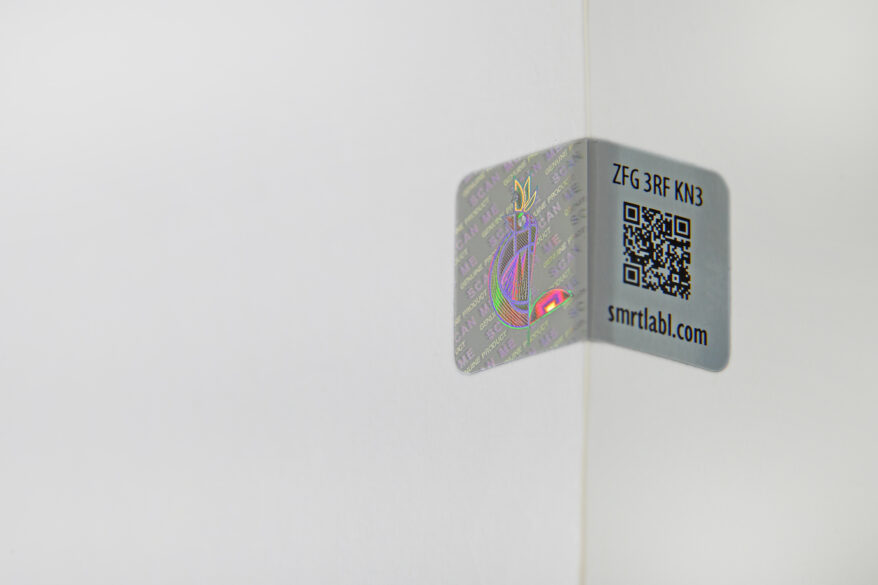
Lastly, any security feature from EDGYN’s portfolio can be included on the smart label to protect the traceability information that is usually lost when the code is voluntarily destroyed or made unreadable. In its most secure form, the SmartLabel includes our digital anti-counterfeiting solution Adfirmia as its security feature.
ADFIRMIA , product's fingerprint
Adfirmia™ is a digital solution based on the fingerprint technology that extracts a digital signature out of each single product by analyzing the small-scale variations that are visible on the surface of the product’s material itself. It can either be applied on the label, or on the packaging itself.
The digital signature of each label is registered before distribution and paired with the unitary code of the product and the traceability information associated to it., such as the intended distributor or retailer.
In the field, using their smartphone, brand inspectors can verify the authenticity of a product by checking the fingerprint and retrieve the traceability data to determine if the product is being sold on its legitimate market even if the visible code is destroyed or removed.
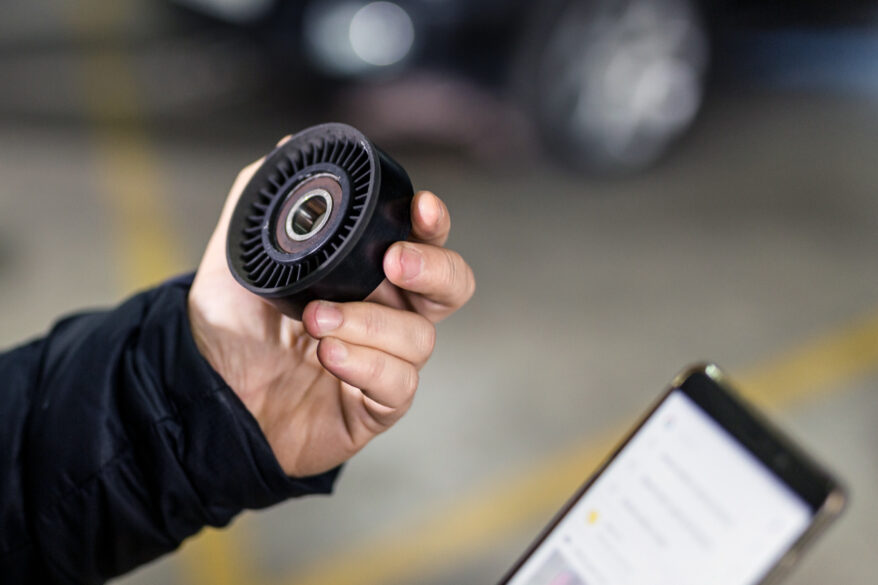
Finally, EDGYN’s track record in anti-diversion speaks for itself: trusted in the cosmetics, pharma, spirits, and agrochemical industry since 2006 by nearly 130 brands, the solution has been deployed more than 90 lines, protecting more than 1.6 billion products to date since 2014 across the globe.
EDGYN' track record in anti-diversion thanks to its patented fingerprint technology
-
+130brands protected
-
+90lines already equiped
-
+1.6Billions of products protected since 2014
Discover all our products deployed in the automotive sector
 Product
Product

